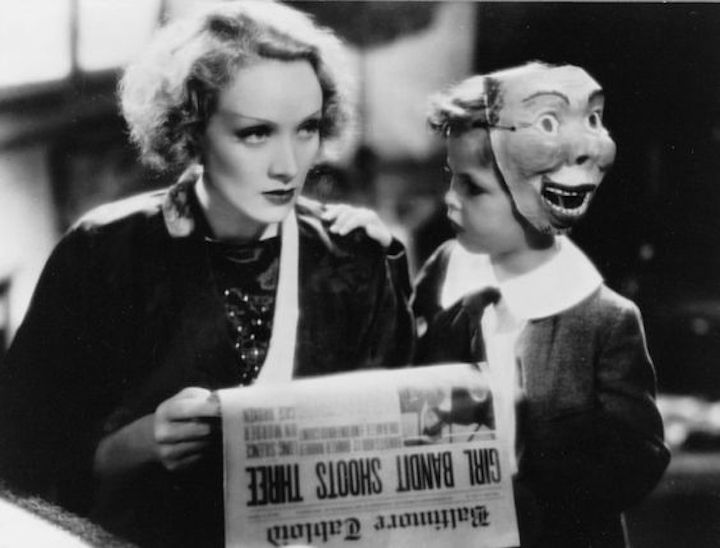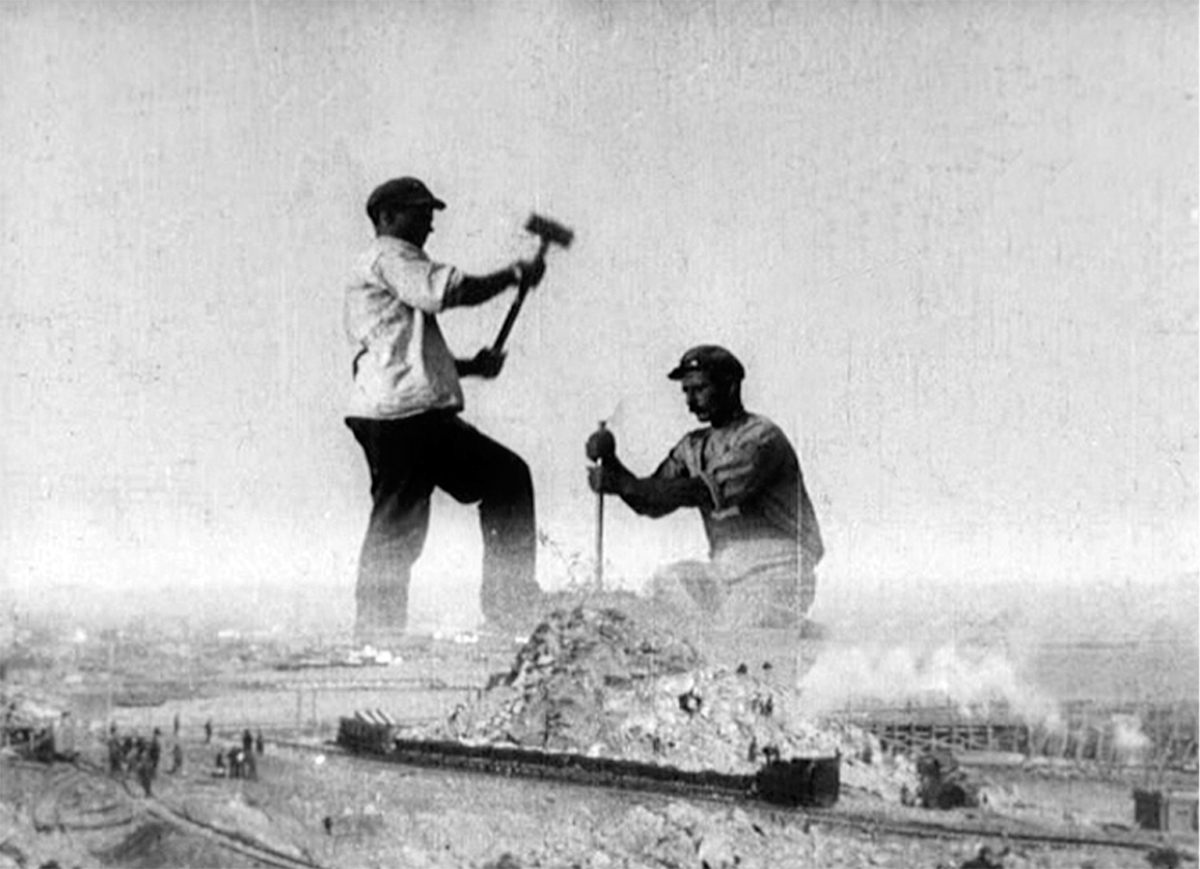Skirts and Pants and Everything In Between: Laura Horak on Girls Will Be Boys
Laura Horak’s first monograph, Girls Will Be Boys: Cross-Dressed Women, Lesbians, and American Cinema, 1908–1934, is refreshing and invigorating. In a moment when pop culture is ablaze with stories of the “novelty” of transgender and gender nonconforming people, FQ Associate editor Regina Longo was delighted to sink into a thoroughly researched book on this subject that was ten years in the making. Read the column and then download the free chapter of the book offered here for FQ readers.








